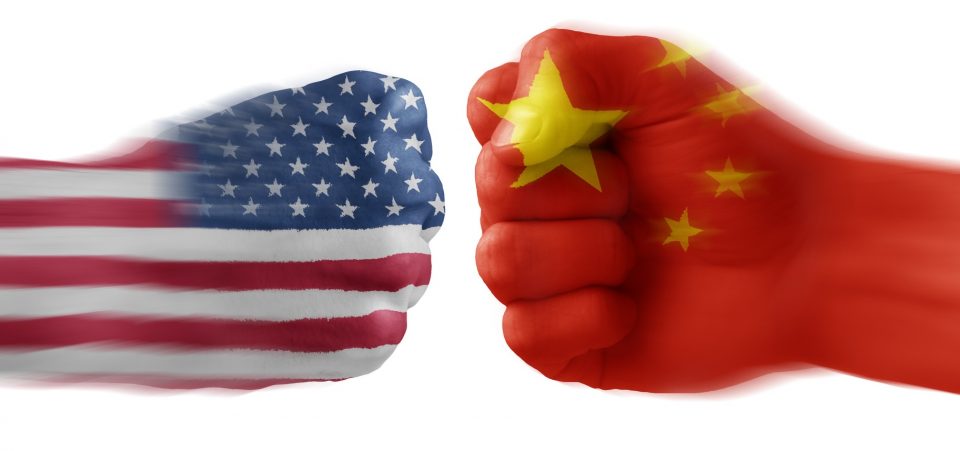Trump and Capture of U.S. Drone Raise Sino-American Tensions to Highest Level in Years
A Chinese naval vessel has confiscated an underwater drone—an unmanned underwater vehicle (UUV)—used by an American oceanographic vessel. The drone was operating in international waters off Subic Bay in the Philippines in the South China Sea, said officials from the United States Department of Defense. The stock markets promptly went down on the news.
Wall Street gave up some gains, except for the defense sector, as Washington demanded that China return its drone. President-elect Donald Trump has not commented yet, but expectations are that anything he says or tweets might only serve to fan the flames. The markets could see increased volatility over the next few weeks.
The South China Sea has become an ever-twitchier area. The United States unofficially challenges China’s efforts to claim almost all of it. Other countries bordering the region tend to support Washington.
Washington and Beijing have divergent interests in the South China Sea, as do their allies in the region. Territorial incidents are frequent. China, Taiwan, Vietnam, Malaysia and the Philippines have all claimed a chain of oil-rich islands as their own.
Beijing refuses to recognize the legitimacy of the decision of the Permanent Court of Arbitration of The Hague. It states that China has no historical right over most of the strategic waters of the South China Sea. The U.S. Navy continues to patrol the area despite protests from Beijing. It was always a source of tensions. Trump’s presidency could convert those tensions into an incident.
The United States formally protested to China and demanded the restitution of the unmanned craft. The U.S. Navy said that the drone was engaged in a legal mission, surveying the waters of the South China Sea. It noted that the UUV, drone or not, is a “sovereign immune vessel” and U.S. property. (Source: “China Seizes Unmanned, Underwater US Navy Vehicle Off South China Sea,” Zero Hedge, December 16, 2016.)
But the Timing of the Drone Incident Is Hardly Suspect
Technically, the Chinese ship had no international right to shadow the U.S. vessel, the USS Bowditch, much less capture its drone. But, it does not matter. This plays into the growing tensions between the forthcoming Trump administration and China.
President-elect Trump challenged China by speaking on the phone with Taiwan’s president and tweeting about it. This has marked a precedent in Sino-American ties since Nixon relaunched them in 1972. Trump has not apologized, and he has offered a clear hint that he intends to challenge the current diplomatic framework. Trump refutes the one-China policy.
Such was the offense that the Chinese government took over the Taiwan call that there has been a surge of demands for Beijing to invade Taiwan and annex it. (Source: “Mainland must shape Taiwan’s future,” Global Times, December 14, 2016).
Note the source. The Global Times would not urge such provocative action without the approval of the highest authorities in Beijing. President Barack Obama will be spending the Christmas holidays trying to manage this situation.
Trump has also challenged China economically. He has offered tax incentives for U.S. companies to keep jobs at home, and penalties for those outsourcing jobs to other countries like China.
On January 20, when Trump takes office—or is at least expected to be sworn-in, barring other circumstances—the tensions can only worsen. Add the U.S. dollar’s Mack Truck-like momentum—and the bearish effects this will have for China—and it’s not hard to imagine an escalation from diplomatic to military incident.






